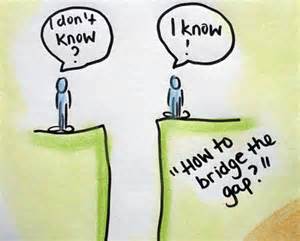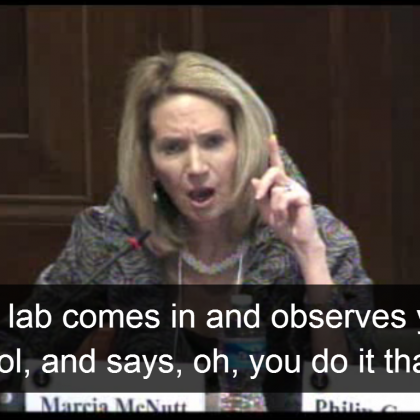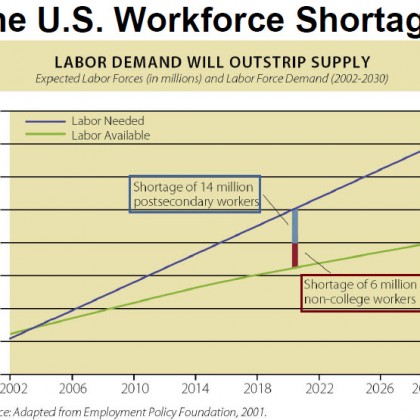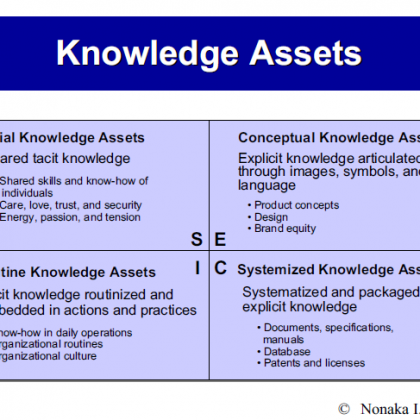04
2015
Use It, or Lose It!
One of the biggest problems with any kind of training today is that what is learned in those training classes is lost in a very short period of time. According to findings by the International Journal of Project Management, “Around 40% of the knowledge acquired in training is lost after 1 month, rising to 90% after 6 months.” Those statistics shouldn’t be a surprise to…
09
2015
Can you fill the Knowledge Gap when you have Unexpected Vacancies?
What happens when you have an employee that has mission-critical knowledge and all of a sudden they are unexpectedly gone? It’s the unexpected part that always catches us by surprise, isn’t it? I mean who plans to get sick, injured, have a family emergency, be in an accident, or even die? But it happens every day in our business lives. So, can you fill the…
04
2015
The Problem When Knowledge Isn’t Shared
Has this ever happened in your organization where you discover that because departments don’t capture and share their knowledge, they do the same process completely different? What was the outcome? Which group followed corporate or operational guidelines? Who didn’t? Was there an inherent flaw on the way one group performed over the other? Why in the world would one group have one process or protocol…
10
2015
How will the Skilled Worforce Shortage Affect Your Business?
A good friend and mentor of mine, Jeff Klingberg, President and CEO of The Mountain Stream Group, in Chicago, www.mountainstreamgroup.com has been sharing some really important insight into what’s going on in the world of manufacturing today. Jeff’s engineering background, and our discussions regarding knowledge management and capturing corporate knowledge led him to forward me Plant Engineering 2014 Workforce Development Study: 6 key findings, by…
27
2015
What Is It Costing You When Your People Can’t Get What They Need, Right When They Need It?
We all know that “Time is Money” right? Well, how much money do you think your company is wasting when your employees can’t find what they need to do their job, right when they need it? Go ahead, take a guess. There are a number of research papers out there that have said the average employee spends upwards of 8 hours per week searching for…
13
2015
Corporate Knowledge is a Corporate Asset
There are three types of knowledge that I want to address is this article: Tacit, Tribal and Corporate Knowledge. Allow me to provide “my” definition of each. Tacit knowledge is the knowledge that someone has learned about something but isn’t shared or documented. It is often the knowledge they have about a business process that isn’t identified within an operators or process manual that makes…
